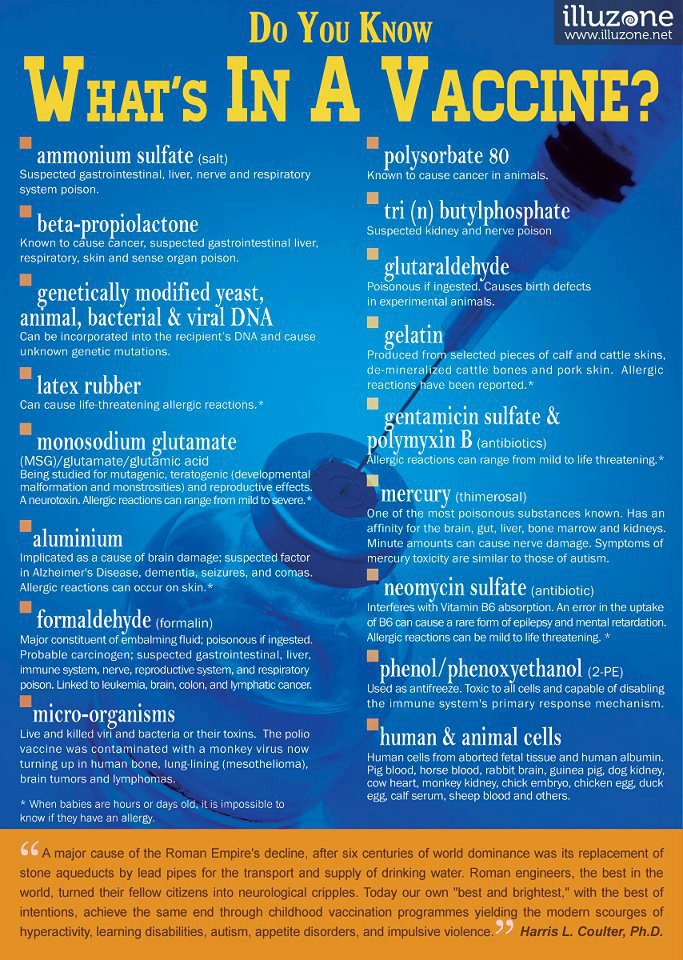Vaxers simply hate facts ..
https://edition.cnn.com/2019/04/12/health/cdc-vax-advisers/index.html
Anti-vaxers are winning the war on social media. What's the CDC going to do about it?
Updated 1902 GMT (0302 HKT) April 12, 2019
(CNN)Concerned that anti-vaccination activists are winning the war on social media, advisers to the US Centers for Disease Control and Prevention say public health authorities need to figure out how to fight back.
"Have we done enough? I think the answer to that is no," said Patricia Stinchfield, a pediatric nurse practitioner and a liaison representative to the CDC's Advisory Committee on Immunization Practices.
While anti-vaxers were once considered fringe, there are now dozens of anti-vaccine groups on Facebook trying to convince parents of various untruths, such as that vaccines cause autism.
"This anti-vaccine issue has been driven by social media and will continue to be driven by social media," said Dr. Matthew Zahn, another liaison representative to the committee. "I don't see it as a scenario we are going to win anytime soon."
The results have become painfully obvious. As vaccination rates have declined, measles rates have increased.
This year, at least 465 cases of measles have been reported in the United States, according to the CDC. That's the second highest number of cases in the country in any year since 2000 -- and the year isn't even halfway over.
'The good guys haven't gotten themselves organized'
To get an idea of what the CDC and others could do to combat anti-vaxer propaganda on social media, CNN interviewed 10 current and former liaison members of the CDCs Advisory Committee on Immunization Practices, which develops recommendations on the use of vaccines.
They represent professional organizations such as the American Academy of Pediatrics and the National Association of Pediatric Nurse Practitioners.
Although none of the liaison members was critical of the CDC, they said the agency could play a role in finding a more effective approach for encouraging vaccination on social media.
"I feel like on social media, the anti-vaxers are very sophisticated and active and way ahead of us," said Stinchfield, who, as senior director of infection control at the Minnesota Children's Hospital, helped manage a large measles outbreak in 2017.
Liaison member Dr. William Schaffner added, "I don't think the good guys have gotten themselves organized. There's a frustration that we don't have a clear plan going forward. It's almost as though we've left the field to" the anti-vaxers.
Some of the advisers said the CDC could, for example, fund social media outreach efforts and then help study which work best.
How vaccines stop diseases like measles
It's unclear whether the agency itself thinks public health needs to up its social media game.
A representative declined an interview, instead issuing this statement:
"Parents have many questions about vaccines and are seeking answers. There is a lot of information about vaccines available, unfortunately, some of the information about vaccines is inaccurate. It is critical that parents and anyone seeking information about vaccines have access to credible information. CDC is a critical source for credible health information about vaccines. We are committed to providing up-to-date, science-based recommendations that anyone, including parents, kids, health departments, businesses, and healthcare providers, can use to make informed health decisions. Additionally, CDC's online information is in the public domain and free for anyone to access, use or repurpose.
"When CDC engages in social media, we aim to consistently provide science-based and timely information in understandable language. We provide information to parents and the general public. We also focus on providing information to health care providers that they can utilize to talk to their patients. Parents still trust their healthcare provider to help them make healthcare decisions."
Getting into the mud
The challenge for public health authorities, including the CDC, is formidable: to dislodge the fear of vaccines that anti-vaxers have planted in the minds of some parents.
"It's a lot easier to instill fear in someone's head than to remove it," said Dr. Sean O'Leary, another liaison member. "And I think the scientific community was somewhat caught off-guard by this."
Explaining that more than a dozen studies have shown no link between vaccines and autism might not help.
"The conventional wisdom has been to provide the scientific facts, and people will make the right decisions," O'Leary said. "But I think it's a lot more complicated than that."

 Forum
Forum

 Home
Home 

 Album
Album 

 Help
Help

 Search
Search

 Recent
Recent 

 Rules
Rules 

 Login
Login

 Register
Register





 Pages:
Pages: 

